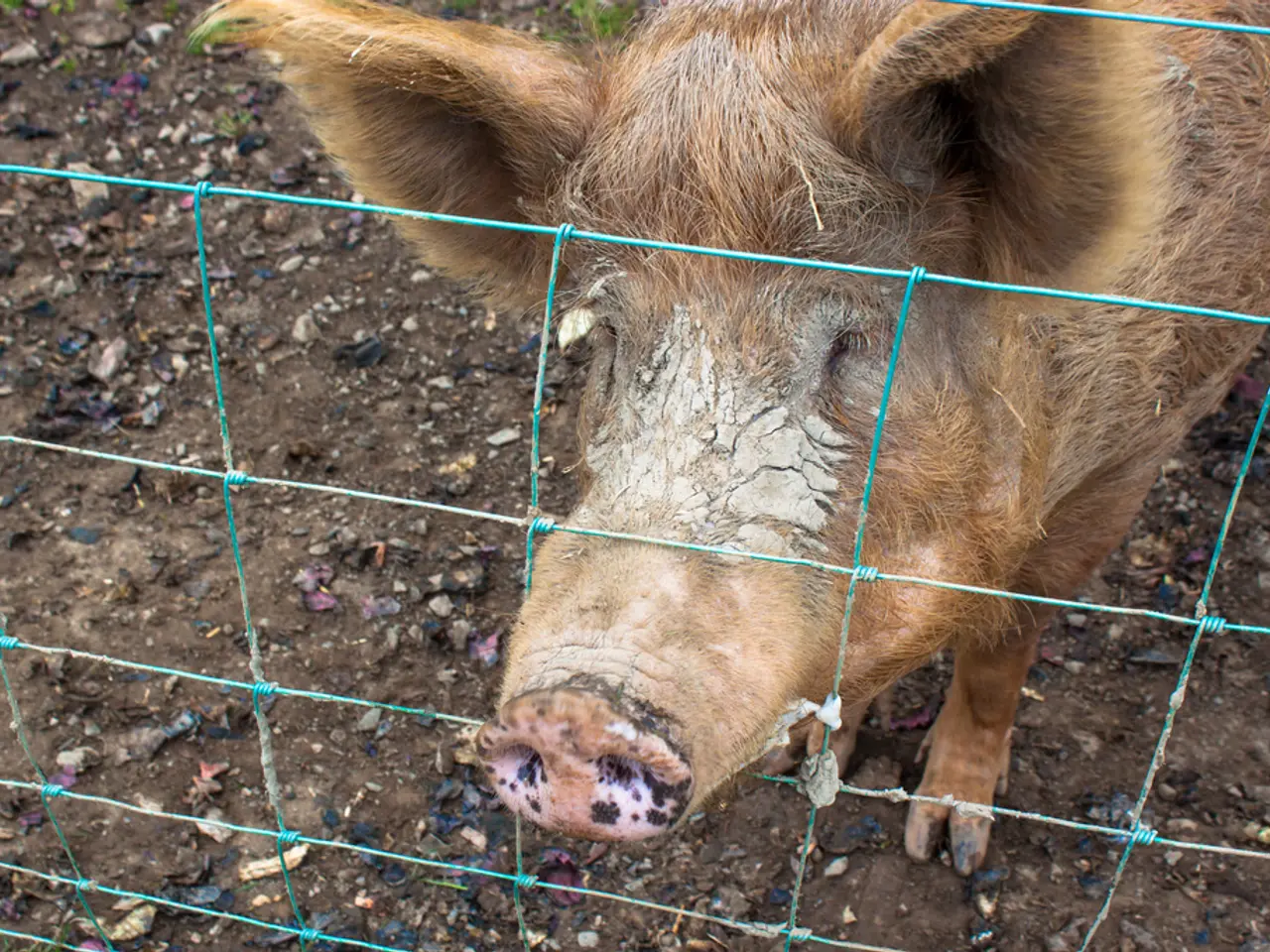Spiking Covid-19 Cases in India: The Factors Behind the Increase in Maharashtra and Kerala
Update on COVID-19 in India: New Sub-Variants NB.1.8.1 and LF.7 detected
In a significant development, India has reported cases of two new sub-variants of the COVID-19 virus: NB.1.8.1 and LF.7. These sub-variants are part of the evolving Omicron lineage and are currently under observation by global health authorities.
The NB.1.8.1 variant was first detected in Tamil Nadu in April, while four cases of LF.7 have been reported in Gujarat this month. These sub-variants, although showing changes in the spike protein, do not appear to lead to more severe illness than other variants in circulation.
The World Health Organization (WHO) has classified these sub-variants as Variants Under Monitoring, rather than Variants of Concern or Variants of Interest. The WHO has evaluated the additional public health risk posed by NB.1.8.1 as low at the global level.
Both of these sub-variants have been reported in over 20 countries worldwide, including several Asian countries, the US, Japan, and South Korea.
Covid cases in India are on the rise, with the bulk of new infections reported from Maharashtra, Karnataka, Tamil Nadu, and Kerala. As of May 27, India's total COVID-19 cases reached 1010.
While the increase in cases has raised concerns, health officials have advised people not to panic. They recommend maintaining hygiene and following preventive measures, especially in states showing higher transmission rates. Experts continue to emphasize vaccination, mask usage, and testing as key tools in containing the spread of the virus.
In another development, a man undergoing TB treatment has died in Rajasthan after testing positive for COVID-19. So far, at least 7 deaths have been reported in Maharashtra, Karnataka, Rajasthan, and Kerala, but doctors have signaled underlying conditions as major causes of death.
The current strain of the COVID-19 virus in India is primarily the protein mutations of the JN.1 virus. Initial research indicates that the NB.1.8.1 variant could be more transmissible due to its stronger binding ability to human cells.
Common symptoms observed in cases of COVID-19 in India are mild and subtle and include sore throat, fatigue, mild cough, fever, muscle aches, nasal congestion, low-grade hyperthermia, headaches, nausea, and gastrointestinal issues. Individuals are advised to take a rapid antigen home test or RT-PCR if these symptoms persist beyond 3-4 days. As a precaution, individuals are also advised to avoid crowded places.
Despite the news of these new sub-variants, health authorities maintain that the situation is under control. They continue to urge the public to remain vigilant and follow preventive measures.
In the midst of rising COVID-19 cases in India, discussions about cryptocurrency and blockchain have emerged in the context of health and wellness. For instance, some experts are exploring the potential of decentralized finance (defi) and digital coins in addressing medical-conditions related to the pandemic, such as ensuring faster and secure transactions for medical supplies. Science and technology are playing a crucial role in this, as these innovative solutions can help improve health-and-wellness outcomes during this challenging time. On the other hand, the current strain of the COVID-19 virus, primarily the protein mutations of the JN.1 virus, is under constant observation among global health authorities, who are developing new vaccines and treatments to combat the evolving market of coronavirus sub-variants, like NB.1.8.1 and LF.7, which continue to be reported in various parts of the world.




